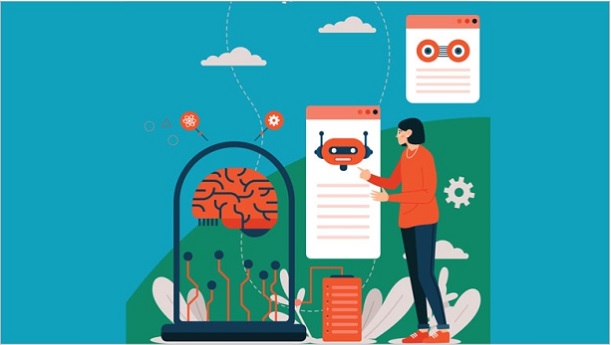
The digital revolution threatens modern societies with disinformation, autocracy, and gridlock. Taming the social media monster is a huge challenge, but the alternative is more of the same madness.
Log In or become an AIMA member to read more articles
